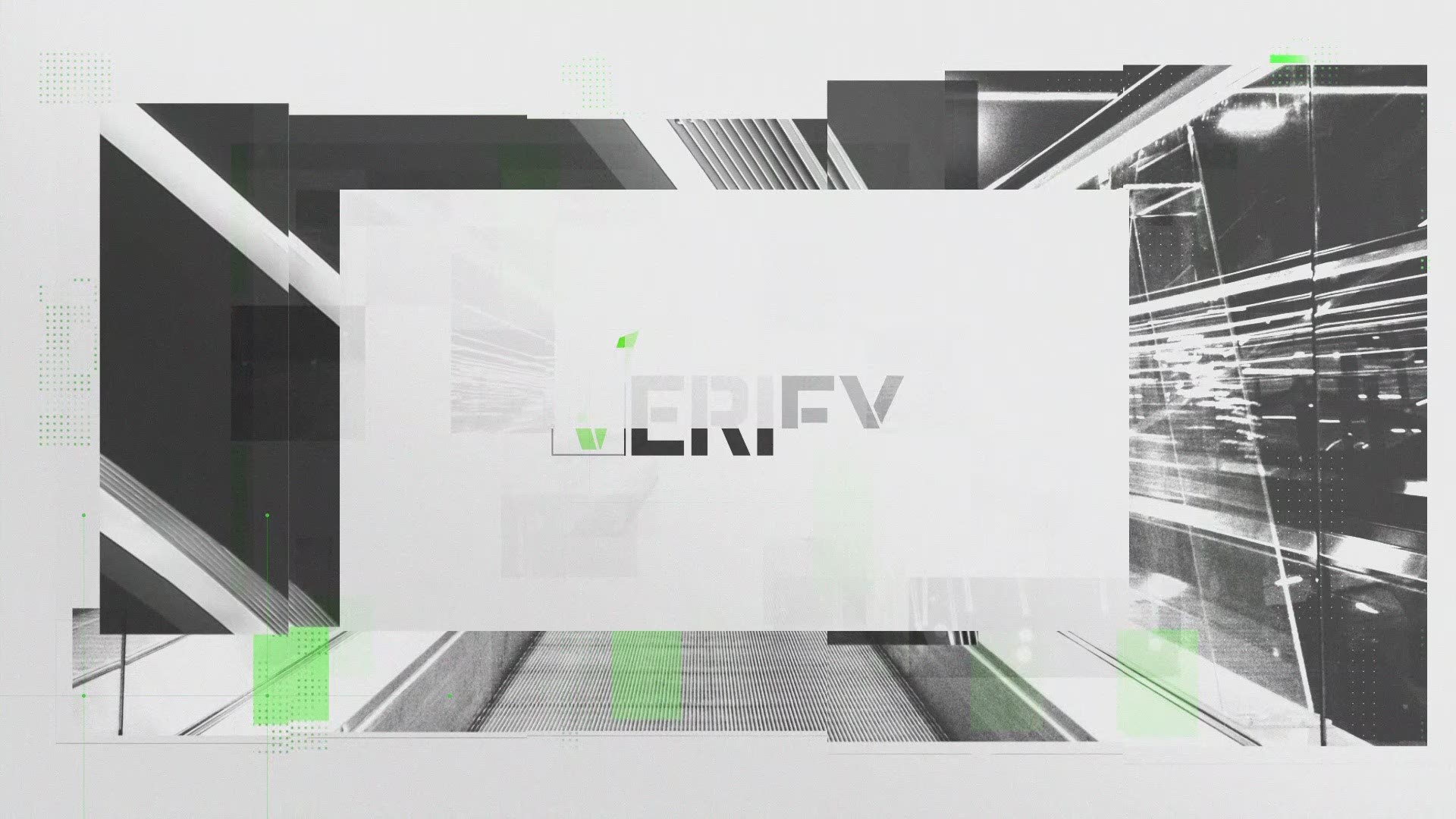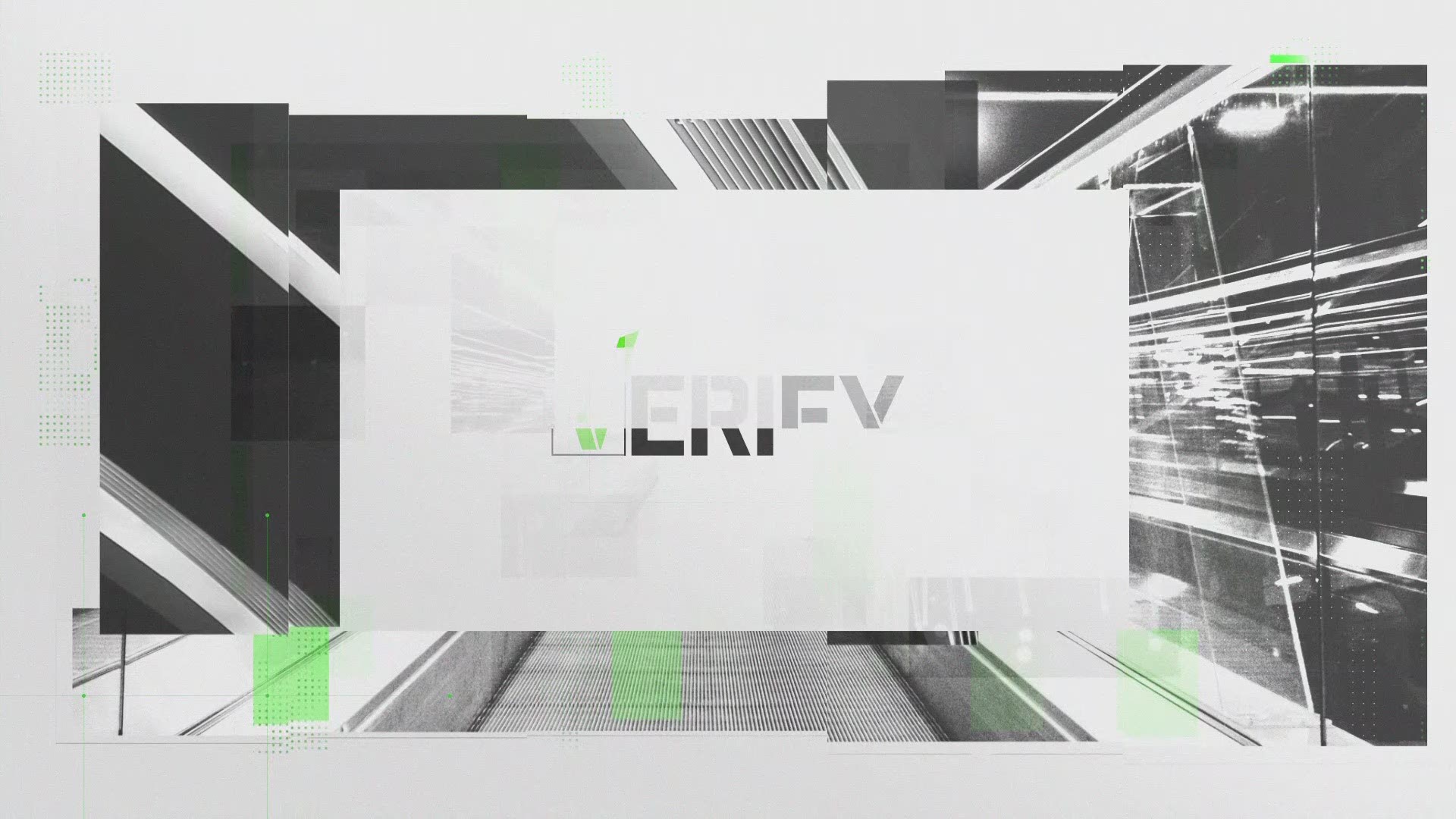WASHINGTON — Question:
Could the Senate decide to make the impeachment vote of President Donald Trump secret or anonymous?
Answer:
Hypothetically yes. However, a trio of legal experts explain that this is exceedingly unlikely for numerous reasons.
First of all, current Senate rules dictate that all votes must be cast publicly, which is reiterated in the standing rules for the impeachment trial. The Senate could hypothetically take the extraordinary action of changing these rules to make the vote private if they have enough votes to do so.
However, an obscure part of the Constitution mandates that any senator can demand a public reading of the yeas and nays. So long as one-fifth of the Senate agrees on the motion, the votes will be made public.
Our legal experts find it unlikely that there will be 81 Senators interested in keeping the vote secret.
Sources:
- Robert Peck, Center For Constitutional Litigation
- Frank O. Bowman, III, Professor of Law at the University of Missouri
- Ronald Weich, Dean Professor of Law at University of Baltimore
- Article I, Section 5, U.S. Constitution
- Standing Rules, Senate Impeachment Trials
Process:
As the Senate impeachment trial for former President Donald Trump moves closer to an actual vote, there is a lot of discussion of the possible results on social media.
Many have indicated that they want the vote to be secret or anonymous so lawmakers can vote their conscience without fear of political backlash.
"I know it won't happen," wrote one user on Twitter. "But the impeachment vote should be by secret ballot."
The idea has been mentioned by lawmakers as well, including Democrat Sen. Ed Markey from Massachusetts.
To find out what's possible, the Verify team contacted a trio of legal scholars. They all agreed that this would be exceedingly unlikely.
"For matters such as impeachment," said Ronald Weich, the Dean Professor of Law at the University of Baltimore. "It's unthinkable that there wouldn't be a recorded vote."
The main obstacle is that the Senate rules for impeachment call for a public display of the votes by each senator.
"On the final question whether the impeachment is sustained," the rules read. "The yeas and nays shall be taken on each article of impeachment separately; and if the impeachment shall not, upon any of the articles presented, be sustained by the votes of two-thirds of the members present, a judgment of acquittal shall be entered..."
The Senate would thus need to change the rules to make this a secret or anonymous vote. Robert Peck said that this would hypothetically be possible.
"There's nothing in the Constitution that requires it to be on the record," he said. "It has always been on the record so there's precedent... But they make their own rules so as a result, they could conceivably ask for a secret ballot."
The process of changing rules would typically require a vote of two-thirds from Senators. However, in recent years, members of both parties have embraced something known as the 'nuclear option,' a maneuver that allows provisions to pass with a simple majority.
"Senate could in theory vote in secret," wrote Frank Bowman, a professor of law at the University of Missouri in a statement. "(It) would require rule change."
The other obstacle is Article I, Section 5 of the Constitution, which allows Senators to call for the yeas and nays to be made public. It reads as follows:
"Each house shall keep a Journal of its Proceedings, and from time to time publish the same, excepting such Parts as may in their Judgment require secrecy; And the Yeas and Nays of the Members of either House on any question shall, at the Desire of one-fifth of those Present, be entered on the Journal."
This section of the Constitution means that if just one-fifth of the total senators wish for a public reading of the vote total, it must be done. That means 81 senators would need to be on board with keeping the vote secret or anonymous.
"Coming back to reality here," said Weich. "More than 19 senators want this to be a public vote."
Peck argued that the vote should remain public.
"We're doing this not just for conviction as a trial occurs," he said. "But also we're affecting the court of public opinion. We're affecting the court of history. And so knowing where people stand on these issues is really important to that."
Bowman offered a more curt analysis of such an idea.
"Won't happen," he wrote. "Nor should it."


